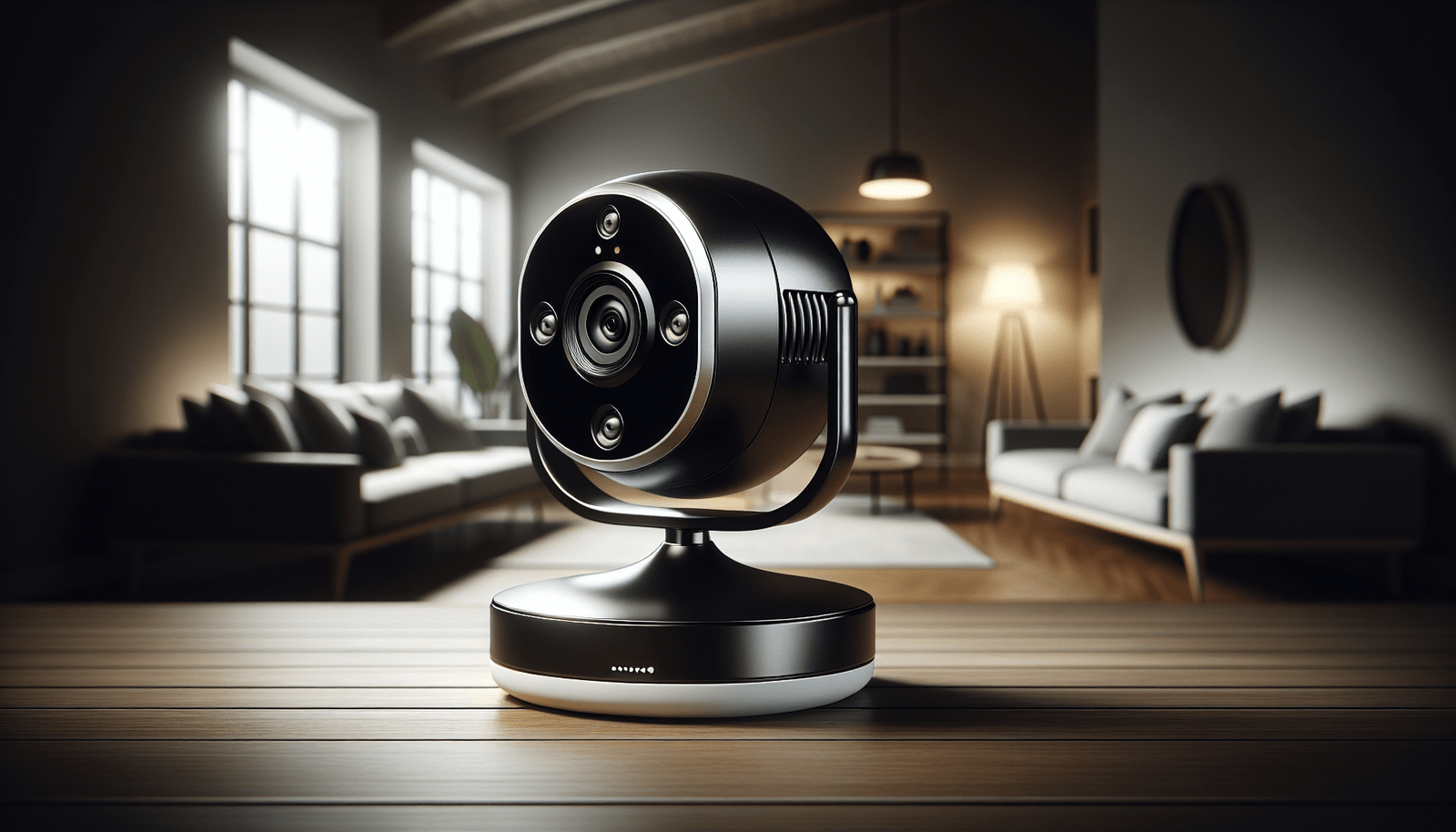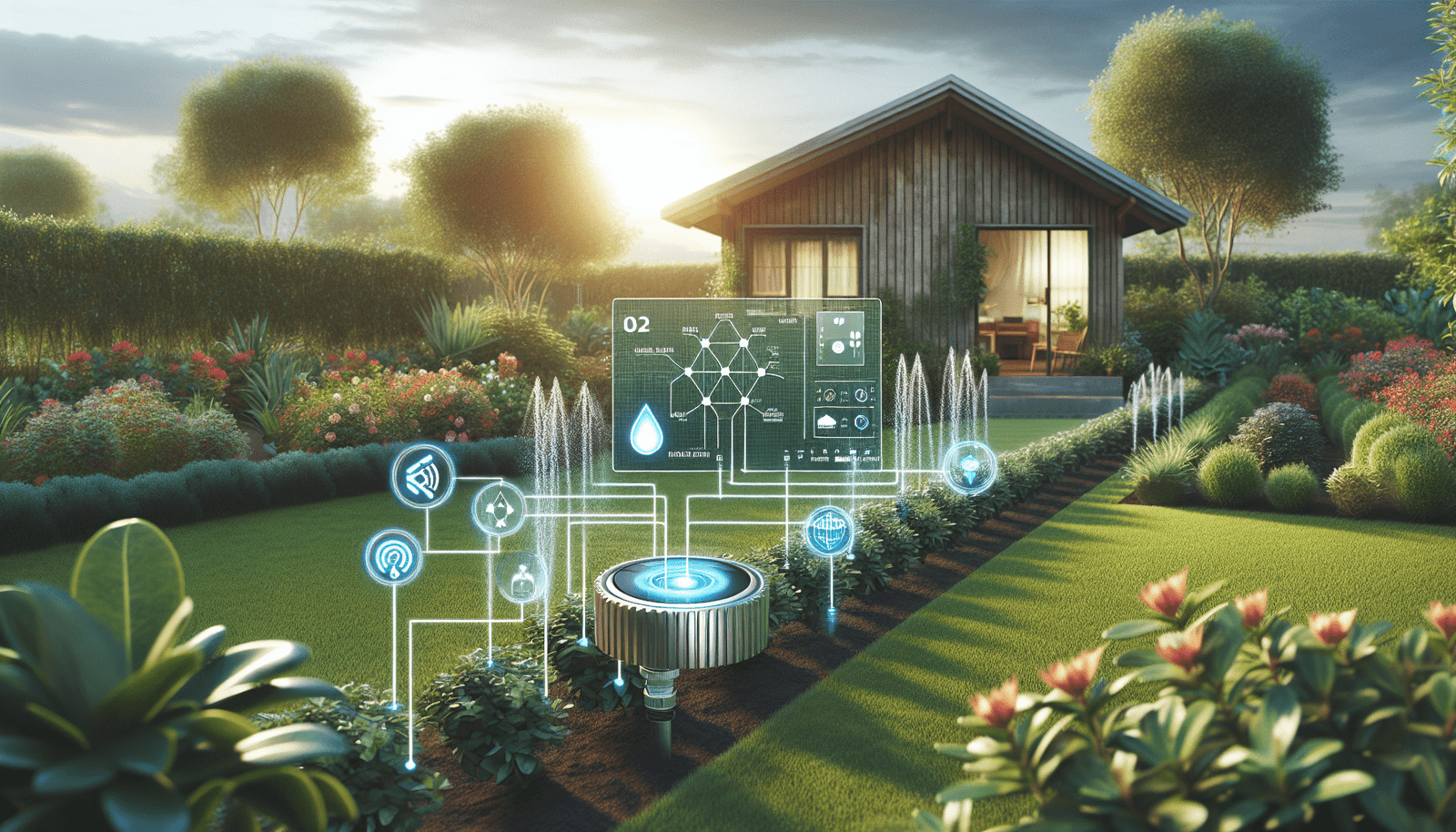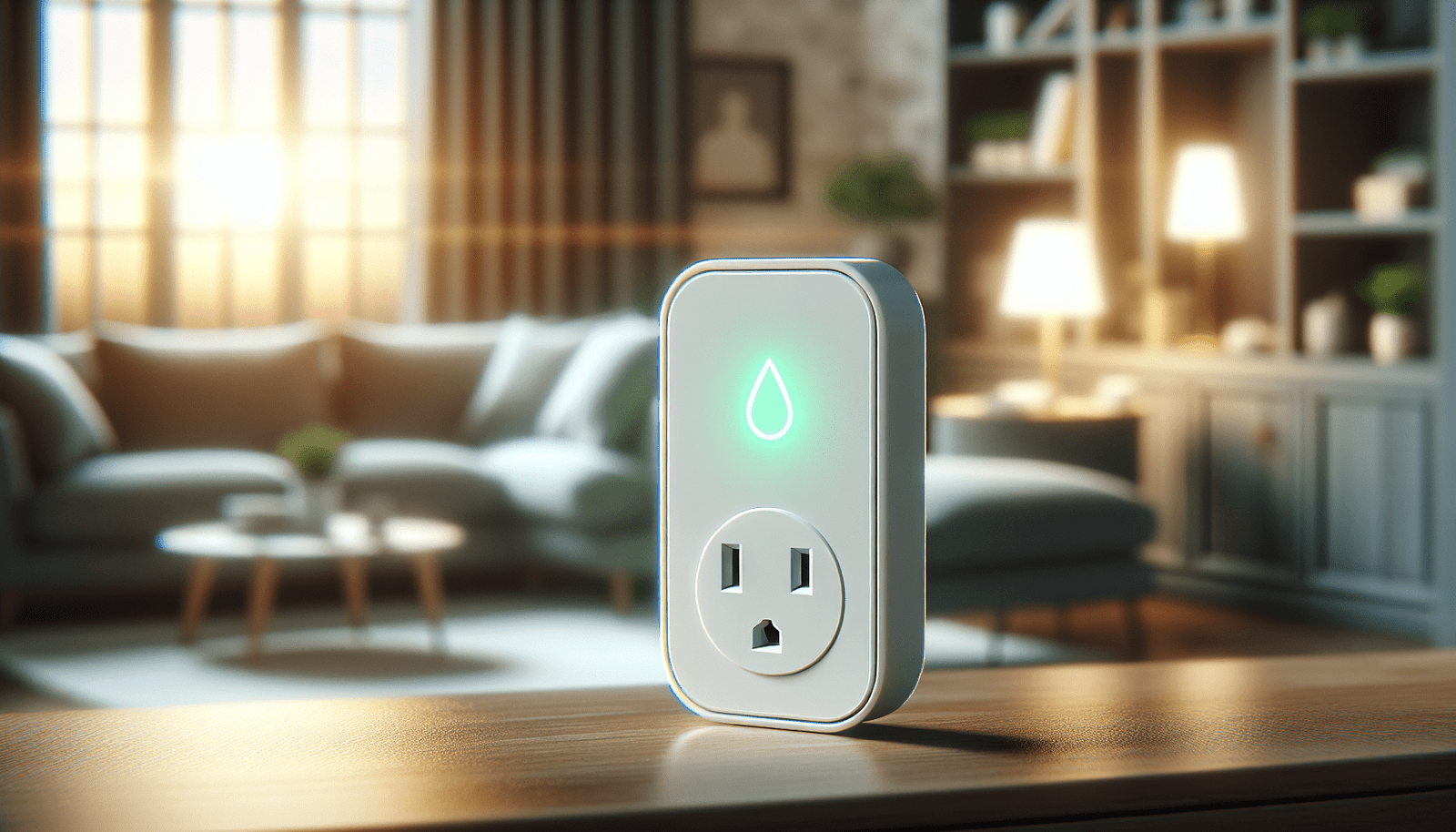Have you ever wondered which type of smart security camera would best suit your needs—wireless or wired? As technology rapidly evolves, enhancing home security has become a priority for many homeowners, renters, and tech-savvy individuals. The decision between wireless and wired smart security cameras can be crucial, impacting how well your home is protected. In this article, we’ll explore the pros and cons of each type, helping you make an informed choice. By the end, you’ll have a clearer understanding of which option aligns with your lifestyle and security needs.
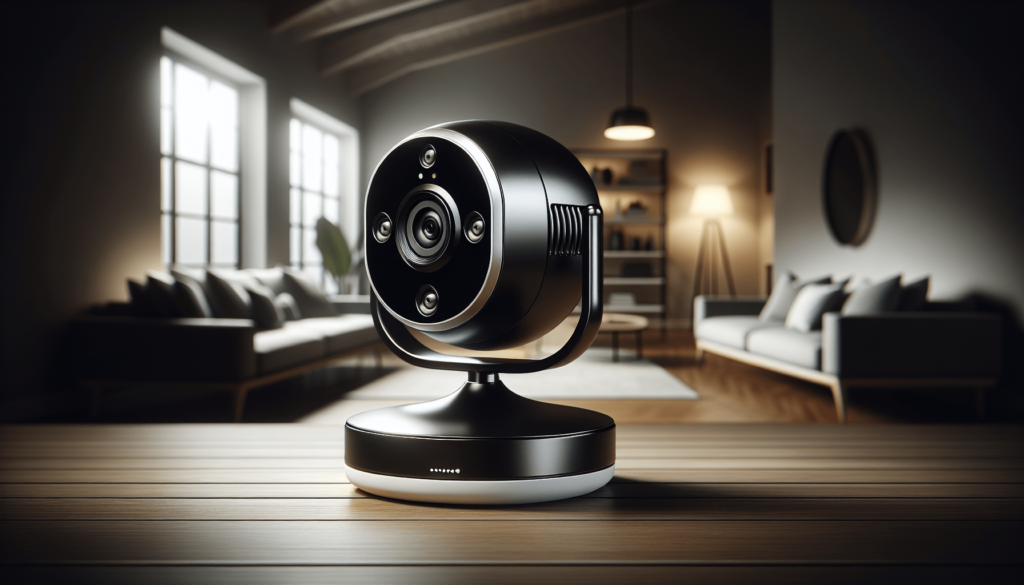
Introduction to Smart Security Cameras
Understanding what smart security cameras are and how they function is the first step in choosing the right one for your home. These devices form part of a larger smart home ecosystem, integrating seamlessly with other devices like smart doorbells and automation systems. Smart security cameras are not just for surveillance; they add layers of convenience and control to your security setup, often offering features like remote monitoring, two-way audio, and AI-powered detection.
What Are Smart Security Cameras?
Smart security cameras are surveillance devices that connect to your home network, allowing remote access and control via a smartphone, tablet, or computer. They offer advanced features such as live-streaming, recording, and alerts for unusual activities. Equipped with sensors and sometimes artificial intelligence, these cameras can identify motion, send notifications, and even tell the difference between a person, animal, or vehicle.
Basic Features of Smart Security Cameras
- Motion Detection: These cameras can detect and notify you of motion, ensuring real-time alerts for potential intrusions.
- Night Vision: Infrared LEDs allow these cameras to capture footage in low-light conditions, providing 24/7 security.
- Two-Way Audio: This feature lets you communicate with anyone near the camera, useful for interacting with family members or warding off intruders.
- Remote Access: View live streams or recorded footage from anywhere, provided there’s an internet connection.
- Cloud Storage Options: Some cameras offer cloud storage, giving you access to recordings even if the camera gets damaged or stolen.
Understanding Wireless Smart Security Cameras
Wireless smart security cameras are popular for their convenience and ease of installation. By connecting via Wi-Fi, they eliminate the need for extensive wiring and can be installed in a broader range of locations. This flexibility appeals to renters and those looking for temporary security solutions.
Pros of Wireless Smart Security Cameras
-
Easy Installation: Without the need for complex wiring, wireless cameras can be set up quickly, often requiring nothing more than a power source or being battery-operated.
-
Flexible Placement: Wireless cameras can be positioned almost anywhere there’s a signal, such as inside or outside your home, on walls, or even on shelves.
-
Portability: If you move home often, these cameras can be easily taken down and reinstalled at a new location, perfect for renters.
-
Integration Flexibility: Wireless cameras seamlessly integrate with other smart home devices, enhancing overall home automation.
Cons of Wireless Smart Security Cameras
-
Signal Interference: Since they rely on Wi-Fi, the signal can be disrupted by walls or other electronic devices, potentially affecting performance.
-
Battery Reliability: Battery-operated models need regular charging or replacements, which can be inconvenient if they are hard to reach.
-
Security Vulnerabilities: Being connected to Wi-Fi means they are susceptible to hacking if proper security measures aren’t in place.
Tips for Using Wireless Smart Security Cameras
- Ensure your Wi-Fi signal is strong enough in the camera’s location to avoid connectivity issues.
- Regularly check and update your camera’s firmware to protect against cybersecurity threats.
- Consider models with long-lasting rechargeable batteries or solar charging options to minimize maintenance.
Exploring Wired Smart Security Cameras
Wired smart security cameras, while not as portable, offer a reliable and consistent connection, making them a preferred choice for permanent installations. These cameras often require professional installation but provide stable and high-quality video feeds without the worry of battery life.
Pros of Wired Smart Security Cameras
-
Reliable Connection: With a direct power source and network connection, these cameras avoid the pitfalls of spotty Wi-Fi, providing uninterrupted service.
-
Consistent Power Supply: Running on continuous power means there’s no need for battery maintenance, ensuring the camera functions without interruptions.
-
Higher Quality Video: Often, wired connections support higher-resolution video and faster data transfer rates, resulting in clearer and more detailed footage.
-
Increased Security: Hardwired connections are less vulnerable to hacking compared to wireless systems, providing an added layer of security.
Cons of Wired Smart Security Cameras
-
Complex Installation: The need for running cables can make installation labor-intensive and possibly require professional help, which adds to the initial cost.
-
Limited Placement Options: Being tethered by wires, placement is restricted to areas within reach of both power and network connectivity.
-
Not Easily Moved: Once installed, these cameras are more challenging to relocate, unlike their wireless counterparts.
Tips for Using Wired Smart Security Cameras
- Before installation, map out the necessary wiring pathways to minimize the visibility of cables.
- Consider professional installation to ensure the cables are run cleanly and securely.
- Choose areas less affected by weather changes for any outdoor applications to protect wired connections.
Privacy and Security Considerations
Regardless of the type, smart security cameras pose privacy and cybersecurity risks. Both wired and wireless cameras can become targets for hackers if not properly secured, underscoring the need for robust security practices.
Safeguarding Your Smart Security System
- Use Strong Passwords: Implement complex and unique passwords for your camera systems to deter unauthorized access.
- Regularly Update Software: Ensure your devices’ firmware and apps are up to date to patch any security vulnerabilities.
- Network Security: Secure your home network with encryption and firewall settings to protect connected devices.
- Limit Data Sharing: Be mindful of what data your camera collects and shares. Opt-out of unnecessary data-sharing settings where possible.
Addressing Privacy Concerns
- Privacy Zones: Utilize camera features that allow you to block portions of the frame to prevent capturing sensitive or private areas.
- User Permissions: Control who has access to your cameras and regularly review user permissions, granting the least privilege necessary.
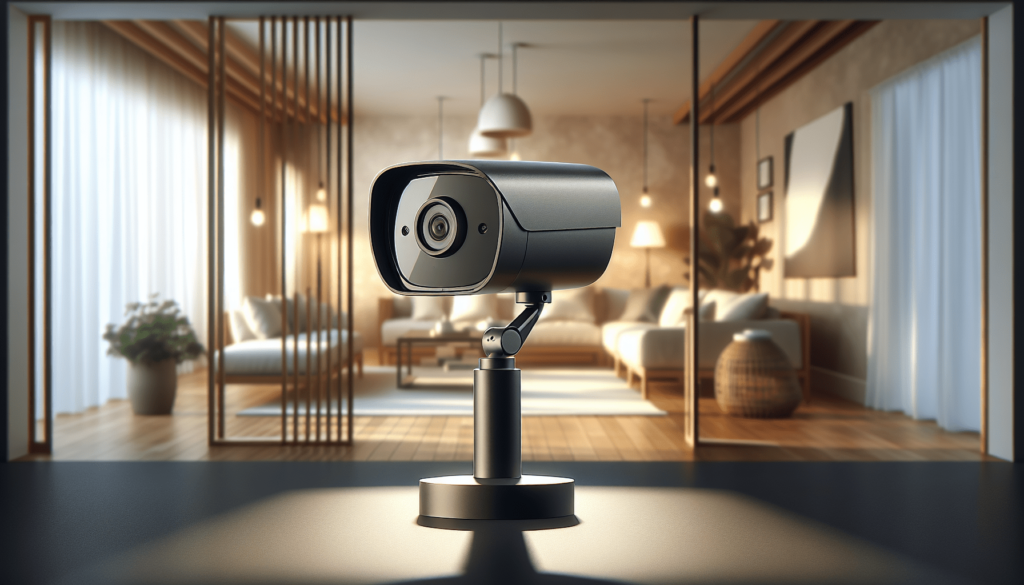
Comparing Wireless vs. Wired: The Verdict
After reviewing the pros and cons, the choice between wireless and wired smart security cameras comes down to prioritizing factors like ease of installation, reliability, and flexibility.
When to Choose Wireless Smart Security Cameras
Wireless cameras are ideal if you need a quick and simple setup or temporary security solutions. They’re perfect for renters, tech enthusiasts, or those who frequently change homes. Consider wireless options if you value flexibility and integration with other smart devices as part of a home automation ecosystem.
When to Choose Wired Smart Security Cameras
Opt for wired cameras if you’re looking for something permanent that offers consistent power and reliability. They’re best suited for homeowners who prioritize security and durability, and who do not mind the upfront installation process. Wired systems excel in scenarios where video quality and data integrity are paramount.
Emerging Trends in Smart Home Security
The world of smart security is continuously evolving, with new technologies emerging that promise increased convenience and enhanced security capabilities.
AI Enhancements and Smart Integration
Artificial intelligence (AI) is playing an ever-important role, with AI-powered cameras that recognize familiar faces, analyze behaviors, and provide predictive alerts. Integration with IoT devices ensures that cameras not only provide security but also contribute to a more connected and responsive home environment.
Cloud-Based and Edge Computing Solutions
There’s a shift towards cloud-based and edge computing for data processing, providing faster analytics and minimizing the lag between detection and notification. This evolution enhances faster decision-making and reduces data loss risks.
Increased Focus on Privacy-Preserving Technologies
Growing awareness around data privacy is pushing manufacturers to integrate privacy-preserving technologies, ensuring that users have more control over their data while still benefiting from the latest innovations.
Practical Setup and Troubleshooting Tips
No matter the choice, proper setup and troubleshooting can optimize your camera’s performance.
Installation Tips
- Plan Your Layout: Consider high-traffic areas, entry points, and vulnerable spots when deciding on camera placement.
- Angle and Field of View: Position cameras to maximize coverage while balancing the need for privacy.
- Lighting Considerations: Ensure adequate lighting for outdoor placements to complement features like night vision.
Troubleshooting Common Issues
- Connectivity Problems: For wireless cameras, check your Wi-Fi signal strength. For wired, ensure cables are securely attached.
- Video Quality: Adjust settings or reposition the camera if images are blurry or pixelated.
- False Alerts: Configure sensitivity settings to decrease unnecessary notifications, focusing only on significant movements or changes.
Conclusion
Selecting between wireless and wired smart security cameras hinges on a multitude of factors including convenience, security, ease of installation, and lifestyle alignment. By weighing the pros and cons discussed, you can choose a system that not only meets your current needs but can adapt to future security demands. Whichever option you choose, integrating a smart security solution is a proactive step toward safeguarding your home and enhancing peace of mind. Remember, effective security is as much about strategy and setup as it is about technology.
Disclosure: As an Amazon Associate, I earn from qualifying purchases.
